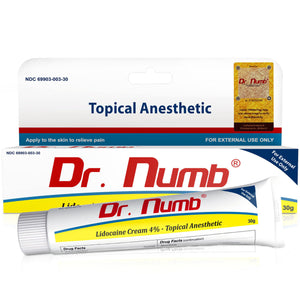Hemorrhoids can cause a range of symptoms, including itching, mucus discharge, burning sensation in the anus, and painless bleeding. The latter can occur when hard stool damages the thin walls of the blood vessels in hemorrhoids.
Hemorrhoid mucus is a sticky, jelly-like substance produced by the mucus-secreting glands in the anus and rectum. This mucus is a natural lubricant that helps to protect the anal canal from friction and irritation caused by passing stools. When hemorrhoids are present, the mucus produced can become excessive, contributing to discomfort and itching.
For those experiencing significant discomfort, products like Dr. Numb® numbing cream can provide temporary relief by numbing the affected area, reducing irritation and pain.
This blog post will explore Hemorrhoid Mucus, its causes and symptoms, and how to manage the condition.
Hemorrhoid Mucus: 9 Main Causes

Hemorrhoid mucus in the anal area can be caused by chronic constipation, pregnancy, and prolonged sitting. Anal infection symptoms like itching, burning, and redness, and hemorrhoids cause excessive mucus discharge.
Lifestyle changes, medication, and surgery are needed to prevent further complications. Avoid prolonged sitting, drink plenty of water, and increase fiber intake.
Infectious causes:
Bacteria in the anus or rectum, such as gonorrhea and chlamydia, can irritate hemorrhoids and cause mucus discharge. An anal fissure or abscess bacterial infection can also cause mucus discharge.
Viral infections such as herpes simplex virus and human papillomavirus can also cause hemorrhoid mucus. Viruses can cause anal warts or lesions, causing inflammation and mucus discharge.
Parasitic infections such as pinworms and other intestinal parasites can cause hemorrhoid mucus. Anal and rectal parasites can cause irritation and inflammation of hemorrhoids, leading to mucus secretion.
Infectious causes are potential reasons for hemorrhoid mucus. Medical attention is necessary if you experience bleeding, pain, or mucus discharge.
Escherichia Coli:
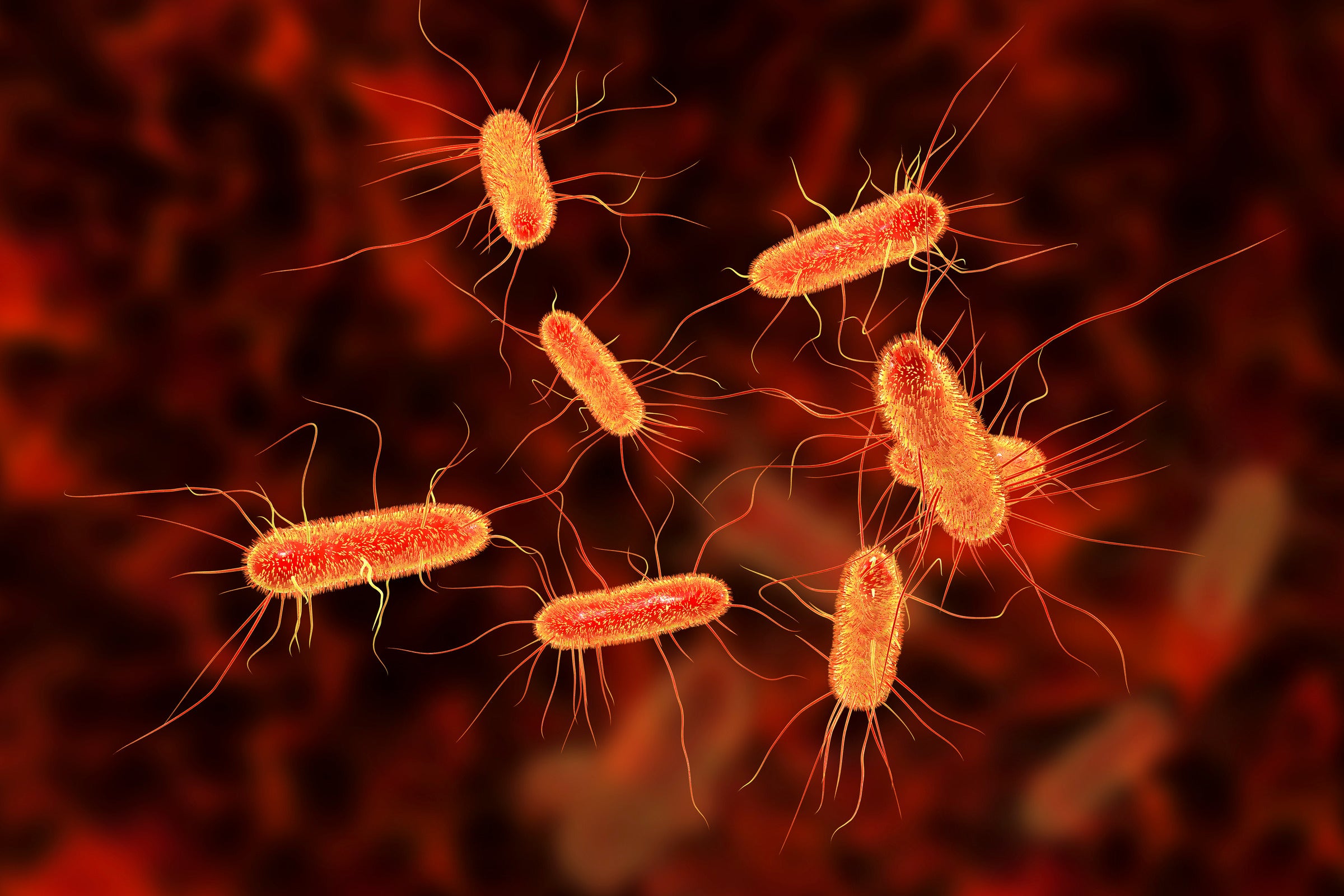
Escherichia coli (E. coli), usually found in healthy intestines, can also cause hemorrhoids when it enters the wrong place. A song, E. coli O157:H7, is associated with hemorrhoids and foodborne illnesses. Bacteria may cause inflammation and irritation to cause hemorrhoids, mucus production, and mucus production on the rectal lining.
However, E. coli is not the only culprit behind this common condition. Viruses and fungi can also be infectious agents that contribute to hemorrhoids.
Furthermore, factors unrelated to infections, like constipation, pregnancy, or aging, can also cause the condition. However, this link between E.coli and hemorrhoids highlights the potential role infectious agents could play.
Campylobacter:
Undercooked meat, unpasteurized dairy products, and water can be contaminated with Campylobacter bacteria. Among the leading causes of bacterial gastroenteritis worldwide, Campylobacter infections can cause diarrhea, abdominal pain, and fever.
Severe conditions such as hemorrhoid mucus and Guillain-Barre syndrome, which can paralyze a person, can result. Good hygiene practices like washing hands and cooking food can help prevent Campylobacter infections.
You may need antibiotics to manage symptoms and avoid further complications. A healthcare professional should be consulted before taking medication. Keeping yourself safe when handling and preparing food is vital.

Inflammatory conditions:
Inflammatory conditions refer to various medical conditions that cause inflammation or swelling in the body. A condition known as hemorrhoid mucus hurts when the hemorrhoids become inflamed.
Chronic inflammation, ulcerative colitis, and IBS can exacerbate hemorrhoid mucus. These conditions can cause chronic inflammation in the digestive tract and cause hemorrhoids. The rash of hemorrhoids can lead to increased mucus production.
In addition to causing discomfort, hemorrhoid mucus increases the risk of bacterial infections in the anal region.This is because the mucus can provide an environment for bacteria to thrive. In cases of persistent hemorrhoidal mucus, individuals should practice good hygiene and seek medical care.
To reduce discomfort, individuals should seek medical attention for hemorrhoid mucus caused by inflammation.
Crohn's disease:
The gastrointestinal tract, particularly the small and large intestines, is affected by Crohn's disease. Genetic, environmental, and immunological factors are believed to play a role in this disease.
Crohn's disease symptoms include abdominal pain, diarrhea, constipation, fever or chills, fatigue, and malnutrition. The condition cannot be cured, but appropriate medical treatment can help.
Various treatment options are available depending on the severity and location of the disease. Biological therapies, antibiotics, immunosuppressants, and anti-inflammatory medications are all available. Crohn's disease requires early diagnosis and proper treatment to prevent complications and improve symptoms.
Ulcerative colitis:
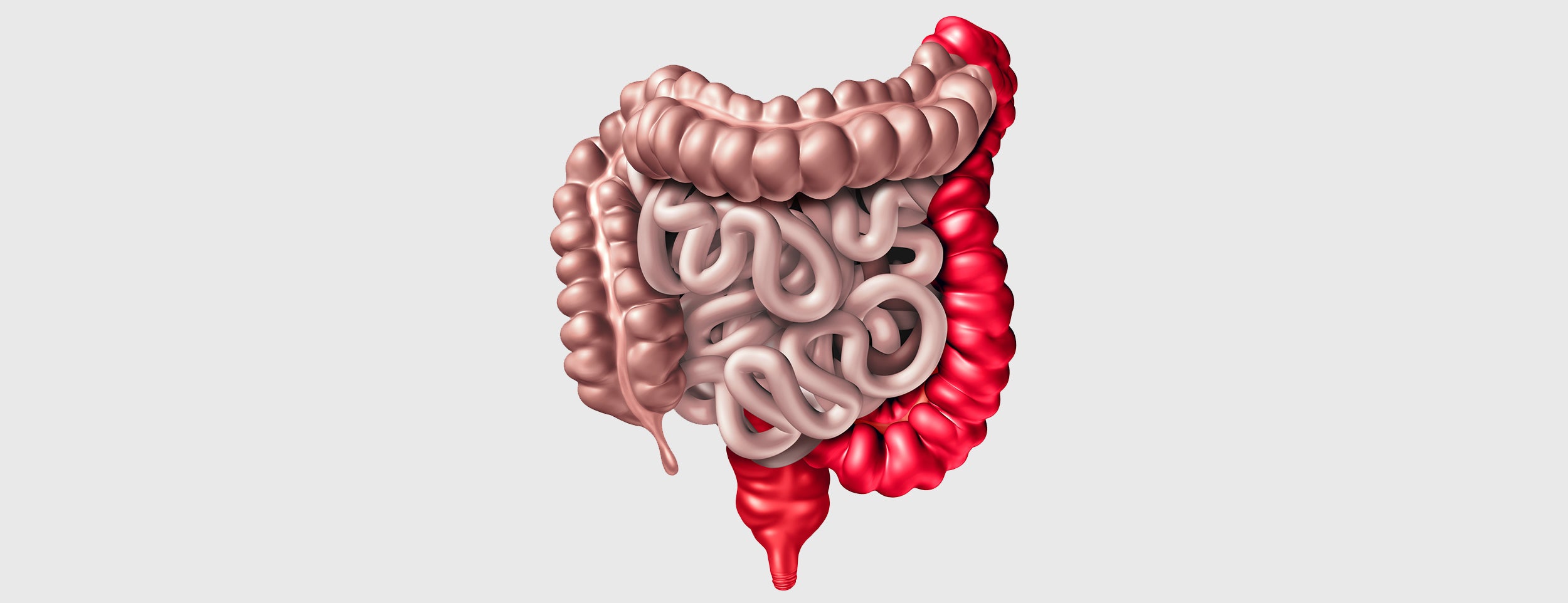
A chronic inflammatory condition that causes ulcers in the large intestine. About 1 million Americans suffer from inflammation in various parts of their bodies. Although the causes are still unclear, a combination of genetics and environment is thought to be responsible.
Symptoms include abdominal pain, bloody diarrhea, weight loss, and fatigue. While there is no cure, treatment options include medication, lifestyle changes, and surgery in severe cases.
It is similar to piles but can cause mucus discharge and a lot of rectal bleeding. If you experience symptoms, seek medical attention immediately.
Ulcerative colitis can lead to blood in the intestines, resulting in stools with a bloody or metallic smell. Mucus in stools can also contribute to a strong, unpleasant odor. Additionally, inadequate nutrient absorption may lead to fermentation, causing stools to emit a distinct and unusual smell.
Celiac disease:
Discover Celiac disease, an autoimmune inflammatory condition triggered by wheat, barley, and rye gluten consumption. Gluten damages the small intestine lining, limiting nutrient absorption and resulting in malnutrition.
People experience abdominal pain, bloating, diarrhea, constipation, fatigue, weight loss, and anemia. Celiac disease can cause bone density loss and other long-term consequences if left untreated.
The diagnosis of celiac disease requires a blood test to detect antibodies against gluten. For a definitive diagnosis, a small intestine biopsy is recommended. The treatment involves avoiding gluten-containing foods, which reduces symptoms and prevents complications.
Despite similar symptoms, gluten intolerance or sensitivity rarely results in the same immune response or intestinal damage as celiac disease. To prevent complications, celiac disease must be diagnosed and managed correctly.
Irritable bowel syndrome (IBS):
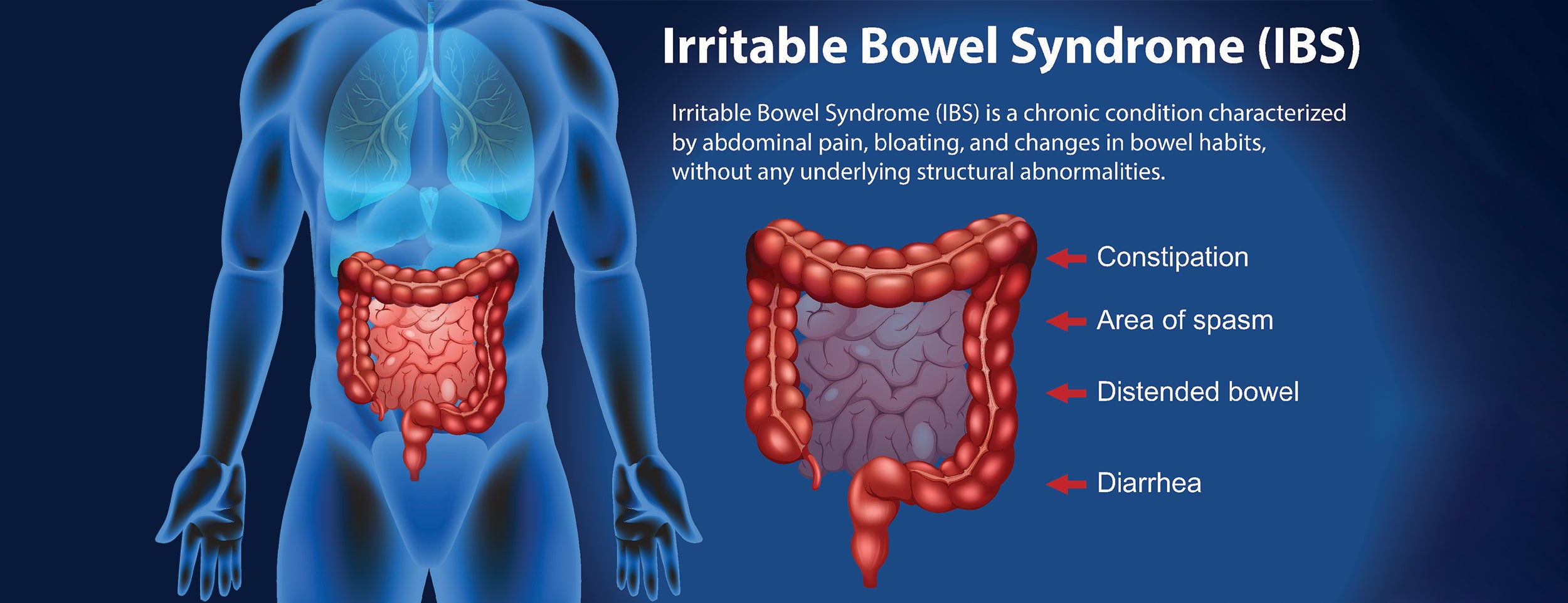
Inflammatory conditions can be frustrating and confusing. Irritable Bowel Syndrome (IBS) is a chronic inflammatory disorder affecting the large intestine or colon. Symptoms may include abdominal pain, diarrhea, and constipation. Genetics, gut bacteria, and stress sensitivity are thought to contribute to IBS.
Effective management of IBS involves lifestyle changes, medication, and therapy. Dietary changes may be antispasmodic. Fiber supplements, antispasmodic drugs, and laxatives may be prescribed. IBS has no cure but can be managed effectively.
Whenever you experience persistent digestive symptoms, consult your healthcare provider for an accurate diagnosis and treatment plan. Managing IBS is possible; you can enjoy a better quality of life with the proper care.

Cancerous causes:
Cancerous causes of hemorrhoid mucus can include rectal cancer, anal cancer, and colon cancer. Hemorrhoids can produce slimy or pus from cancer, bleeding, pain, or discomfort.
Cancer of the rectal area may spread to nearby lymph nodes and tissues. Changes in bowel habits, blood in the stool, and persistent rectal bleeding are symptoms of rectal cancer.
In addition to spreading to lymph nodes and the liver, anal cancer begins in tissues of the anus. The symptoms of anal cancer include anal pain, itching, bleeding, or discharge, including mucus.
In colon cancer, the cancer starts in the colon or rectum and can spread. A change in bowel habits, bleeding, abdominal pain, fatigue, and mucus discharge are common colon cancer symptoms.
While hemorrhoid mucus is typically not a dangerous symptom, it can indicate more serious underlying conditions such as cancer. Get medical attention immediately if your bowel habits change or you experience bleeding or mucus discharge. Successful treatment and recovery can be increased by early detection and treatment of cancerous causes.
Symptoms of Hemorrhoid Mucus:
Hemorrhoid Mucus is a symptom in individuals who suffer from a medical condition known as hemorrhoids. The discharge of jelly-like mucus from the rectum characterizes this symptom. In this section, we will explain the symptoms of Hemorrhoid Mucus in more detail.
Itching or irritation around the anus:

Hemorrhoid mucus can cause severe itching and irritation around the anus, which can be highly uncomfortable and irritating. The constant irritation may lead to skin damage and subsequent bleeding. Scratching the area may also cause further damage and increase the risk of infection.
Fullness or pressure in the rectum:
Experiencing excess anal mucus, hemorrhoids feel like abdominal discomfort. This discomfort can result in constipation and challenges with bowel movements, further exacerbating the condition known as piles.
Pain or discomfort during bowel movements:
Hemorrhoids can be quite painful. The mucus associated with hemorrhoids can lead to discomfort and pain during bowel movements, as it triggers inflammation of the mucous membranes. This can result in a painful and uneasy defecation experience.
Bright red blood on the toilet paper or in the toilet bowl:
The toilet paper or bowl can be stained bright red by hemorrhoid mucus. A tiny blood vessel bursts inside the rectum due to inflammation in the affected area.
Piles cause mucus in stool. When the swollen blood vessel moves down and prolapses outside the anus, it may lead to a slimy discharge or mucus after passing stool. This mucus discharge is a common symptom associated with piles.
Mucus discharge that is jelly-like in consistency:
The release of jelly-like mucus characterizes hemorrhoid mucus. After passing stool, excess mucus can be seen on toilet paper or underwear as a symptom of hemorrhoids.
Itching, pain, discomfort, and bleeding are common symptoms of hemorrhoids characterized by hemorrhoid mucus. Take prompt action if you experience these symptoms to manage and reduce their severity.
Popping a hemorrhoid yourself is never advisable. Attempting to do so can increase pressure on the swollen blood vessel, risking a rupture and forming an open wound, which may cause bleeding. If the blood vessel is substantial, controlling severe bleeding can be challenging.
Symptoms of internal hemorrhoid mucus:
Incomplete bowel movements and difficulty passing stools are common symptoms of internal hemorrhoids. Itching and burning sensations are sometimes present.
This condition can cause inflammation, pain, and discomfort during bowel movements. Mucus discharge may indicate a more serious medical condition, such as colorectal cancer.
To ensure proper treatment, seeking medical attention is recommended even if you don't experience mucus discharge. Treatment options include topical ointments, suppositories, and surgery in severe cases.Getting appropriate hemorrhoid treatment is essential if mucus discharge is experienced.
Hemorrhoid mucus discharge smell:
Mucus is a natural secretion that keeps our bodies healthy. This mucus may get trapped in the anal canal if hemorrhoids are present, causing bacteria buildup. Some dietary choices can also worsen the smell.
According to the severity of the hemorrhoid, the scent's extent may also vary. You must identify the root cause of persistent discomfort to improve your quality of life.
Hemorrhoids resulting in mucus discharge can have different treatments depending on the severity. Practicing proper cleanliness and increasing fiber intake can reduce odors in mild cases.
Surgery or medication may be necessary in severe cases to control symptoms and eliminate odor. With many options, those suffering from hemorrhoid mucus discharge smell can regain their comfort and dignity. It is best to consult a reliable healthcare provider to determine the most effective treatment course.

Hemorrhoid white mucus:
Hemorrhoid white mucus is a thick, white discharge that often accompanies hemorrhoids. This condition causes anal blood vessels to swell, producing pain and discomfort.
The body responds to this inflammation with excess mucus, which acts as a lubricant to ease bowel movements. The mucus is a byproduct of healing when white blood cells fight off infection and damaged tissues.
While hemorrhoid white mucus is typically harmless, any changes in color or consistency can cause concern.
Also, an infected mucus color can vary depending on the underlying cause, but it may appear yellow, bloody, brown, or green. These colors can indicate the presence of bacteria or other pathogens in the mucus.
To prevent complications, maintain good hygiene practices and avoid tight clothing. Topical creams or surgery may be necessary to relieve symptoms.
Staying hydrated and avoiding irritants like smoke and pollution can help reduce mucus production. Additionally, using a humidifier, practicing nasal irrigation, and avoiding dairy products may alleviate excess mucus.
Hemorrhoid leaking mucus:
Hemorrhoidal rectal mucus leakage can cause uncomfortable and embarrassing mucus discharge. This is due to internal bleeding in the swollen and inflamed veins in the rectal area.
The discharge is usually clear or white and may contain small amounts of blood. This symptom may indicate advanced hemorrhoids that require medical treatment.
Frequent bowel movements, constipation, and heavy lifting can worsen the symptoms, causing increased mucus discharge. Straining causes inflammation in the rectal area during bowel movements. Getting medical attention can help manage the condition.
Symptoms of hemorrhoidal mucus are uncomfortable and debilitating. The symptoms must be managed quickly to prevent further complications.
Hemorrhoid mucus burst:
As a result of increased pressure on affected veins, hemorrhoid mucus bursts cause ruptured blood vessels. It can happen due to constipation, obesity, chronic diarrhea, pregnancy, and a low-fiber diet.
The added burden of embarrassment and shame is also associated with itching, burning, and pain.
There are solutions! Depending on the severity, diet, exercise, and stool softeners can help. Severe cases may require topical creams, suppositories, or surgery.
Treatment for Hemorrhoid Mucus:
There are a variety of treatments available to help manage hemorrhoid mucus symptoms. Some common treatment options include:
Sitz baths:

Sitting in a warm bath for 10-15 minutes several times daily can help soothe hemorrhoid symptoms and reduce mucus production.
Topical ointments or suppositories:
Over-the-counter creams and suppositories can help reduce inflammation and temporarily relieve hemorrhoid symptoms.
Fiber supplements:
Increasing your fiber intake can help soften stool and reduce the need to strain during bowel movements, which can reduce mucus production.
Surgery:
Surgery may be necessary to remove hemorrhoids causing significant discomfort or bleeding in severe cases.
Medical Interventions to Stop Mucus Discharge
Colds, allergies, sinusitis, and sinusitis can all cause mucus discharge. The condition causes discomfort and difficulty breathing by driving a thick and dense substance to produce and expel.
Fortunately, it is possible to stop mucus discharge and relieve associated symptoms. In this regard, we will discuss some of the most effective and commonly used interventions for this purpose, namely:
Decongestants:
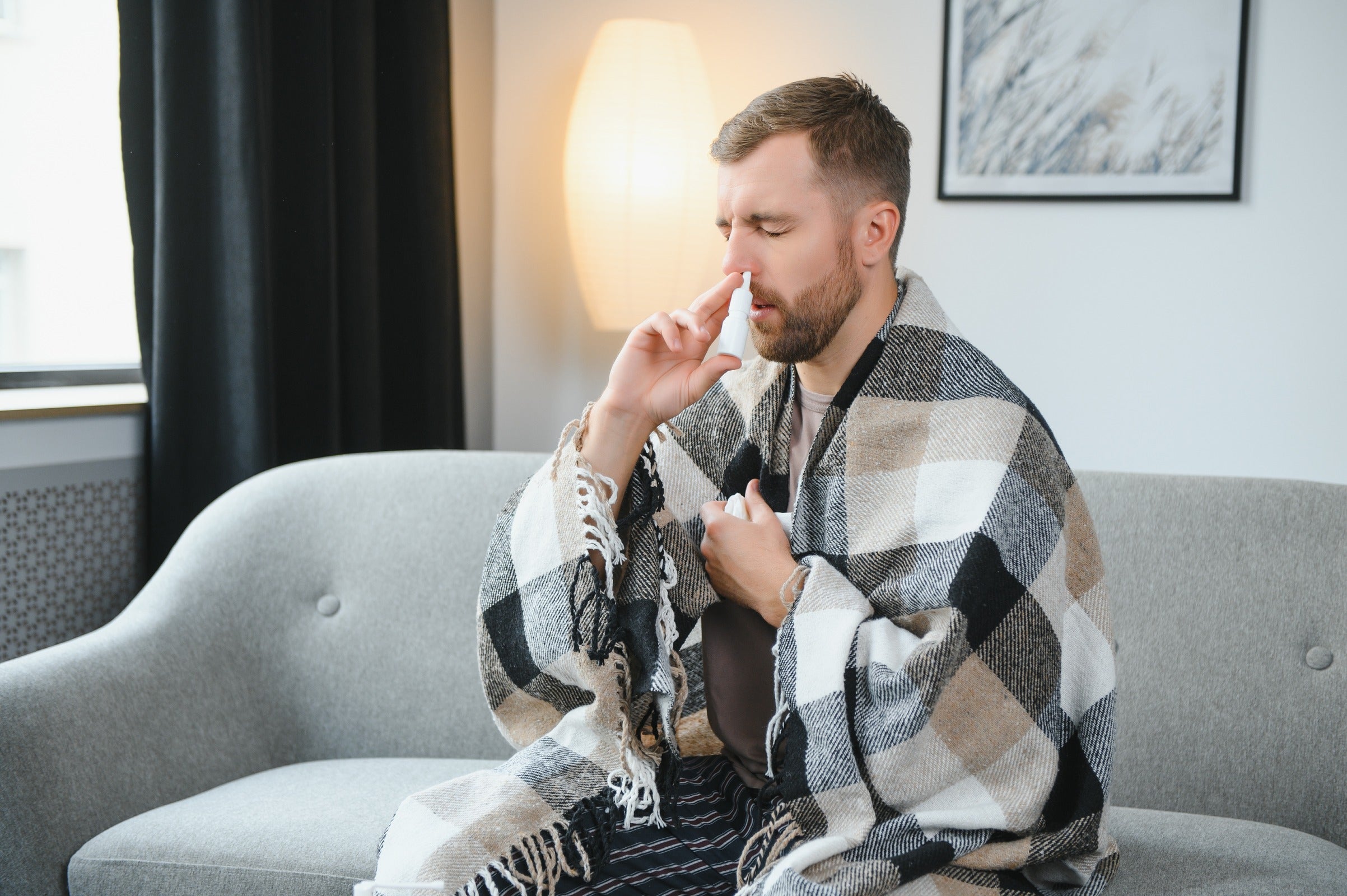
Decongestants relieve mucus discharge by reducing inflammation in the nasal passages and respiratory system. Blood vessels narrow in the affected area, decreasing mucus production and allowing the galleries to open.
Decongestants include pseudoephedrine, phenylephrine, and oxymetazoline.
Nasal Steroids:
In addition to nasal steroids, nasal decongestants may help reduce mucus discharge. Reduced inflammation in the nasal passages reduces congestion and mucus production.
Usually, nasal steroids need a prescription and are available as sprays, drops, or inhalers. Several nasal steroids, such as fluticasone, mometasone, and budesonide.
Antibiotics:
Antibiotics alleviate mucus discharge when you have bacterial itis, bronchitis, or sinus infections. These drugs work by killing or inhibiting bacteria that cause respiratory infections.
Usually, antibiotics are available by prescription and should only be taken as directed. Antibiotics include amoxicillin, azithromycin, and ciprofloxacin.
Antihistamines:
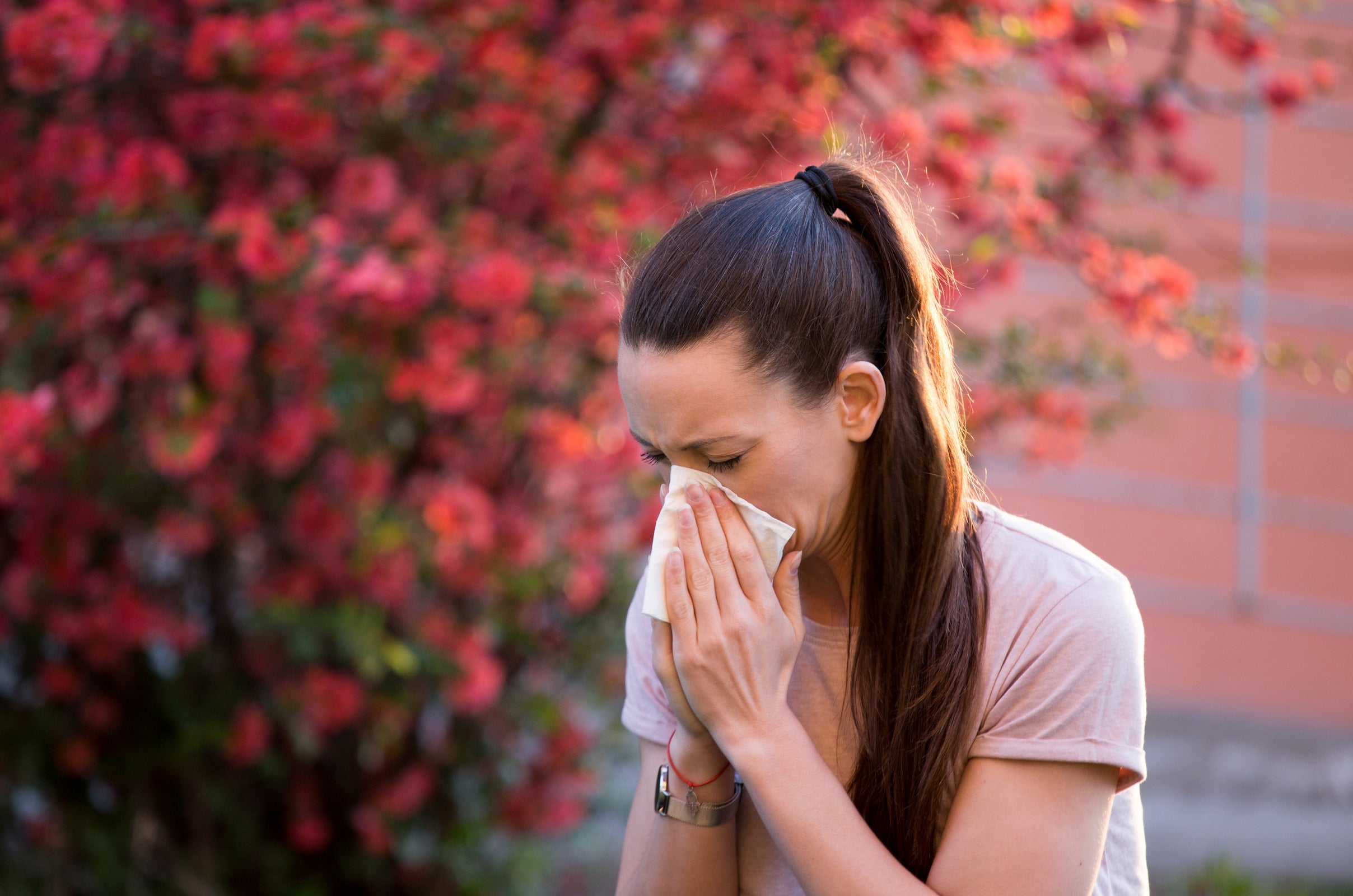
An antihistamine reduces mucus discharge due to allergies or other environmental factors. They block the action of histamine, which causes inflammation and mucus production when the immune system reacts to allergens. Mucus from allergies typically appears clear or white. In some cases, it may be slightly yellow due to trapped pollen or other allergens.
Antihistamines are available over the counter or by prescription in pills, sprays, and drops. Loratadine, cetirizine, and fexofenadine are examples of antihistamines.
In addition to medical interventions, mucus discharge can be relieved with specific methods. Some interventions may require a prescription by a healthcare professional based on the condition's underlying cause. The symptoms of mucus discharge can be effectively managed with proper diagnosis and treatment.

External hemorrhoid mucus discharge:
It is common for external hemorrhoids to discharge mucus, a symptom of external hemorrhoids. They occur when the veins in the lower rectum and anus become swollen, causing mucus to be released through the anus.
The discharge can be thick and uncomfortable, accompanied by itching, pain, and bleeding. It can also be embarrassing due to the foul odor it may produce.
Age, pregnancy, obesity, constipation, and prolonged sitting or standing can contribute to external hemorrhoids. To stop external hemorrhoid mucus discharge, Various treatments are available, including medicated creams, sitz baths, and lifestyle changes.
More severe cases may require surgical procedures or prescription medications. You can prevent further complications and manage the condition by seeking medical care and alleviating symptoms.
Lifestyle Changes to Prevent Hemorrhoid Mucus Discharge
Lifestyle changes may also help to prevent hemorrhoid-related mucus discharge. These lifestyle changes can reduce mucus buildup.
Stay hydrated:

Drinking plenty of fluids is essential for maintaining healthy mucus production. Dehydration is a reason of sticky stool, making the mucus thicker and harder to pass. Drinking at least eight glasses of water per day can help achieve an adequate level of hydration.
Avoid trigger foods:
Mucus production can be triggered by certain foods such as dairy, wheat, and processed sugar. It is important to be mindful of what you eat and avoid foods that exacerbate mucus production.
Exercise regularly:
Physical activity plays a vital role in maintaining healthy mucus production. Exercise helps increase blood flow and strengthen the immune system, which reduces mucus buildup.
Maintain a healthy weight:
Being overweight can increase the chances of mucus build-up and congestion. Exercise and a balanced diet can help manage mucus production and prevent chronic problems.
Avoid Smoking And Alcohol:
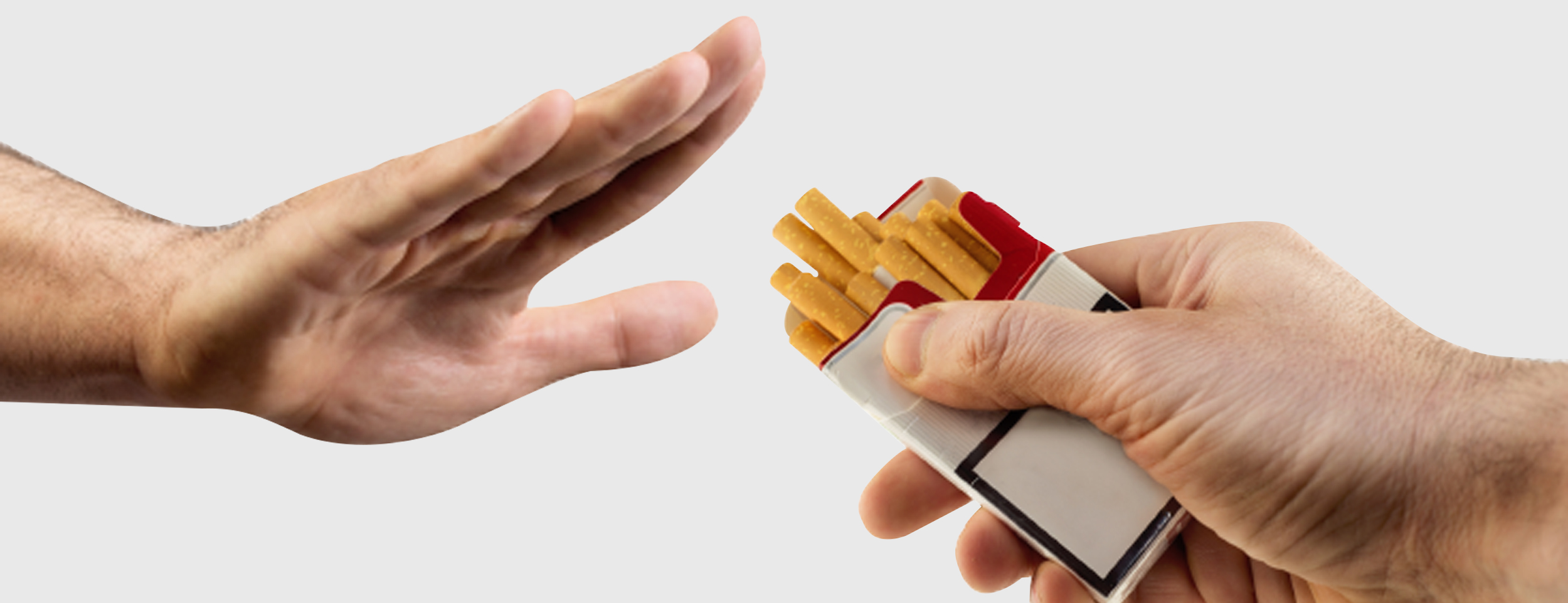
Lifestyle habits such as smoking and excessive alcohol consumption can weaken the immune system and increase inflammation. This can lead to excessive mucus production and severe congestion. Avoiding these habits altogether or limiting them as much as possible is best.
Simple lifestyle changes can go a long way in preventing mucus discharge and improving overall health. Individuals who stay hydrated, avoid trigger foods, exercise regularly, maintain a healthy weight, and avoid smoking and alcohol can prevent mucus buildup.
When and How to Treat Anal Mucus Discharge?
A typical medical condition is anal mucus discharge caused by hemorrhoids, bowel inflammation, and rectal fistulas. Symptoms including itching, burning, bleeding, and foul-smelling odor can characterize the discharge. The severity of the condition will determine which treatment options are available.
When to Treat Anal Mucus Discharge?
Treatment for anal mucus discharge is directly related to the severity of the underlying condition. Medical intervention may be unnecessary if the symptoms are mild or occur occasionally.
However, medical attention should be sought immediately if persistent pain, bleeding, or discomfort accompanies the discharge.
Anal Mucus Discharge: How to Treat it?
The underlying cause determines treatment for anal mucus discharge. For example, the underlying cause of hemorrhoids may be treated with topical creams and dietary changes.
Inflammatory bowel disease may cause the condition, which is treated with immunosuppressants. A severe case may require surgery to correct the underlying cause.
Generally, anal mucus discharge can be treated with lifestyle changes, medications, and medical procedures. A good personal hygiene routine, a healthy diet, controlling bowel movements, and avoiding irritation is often recommended.
Hemorrhoid mucus discharge:
It's a common symptom when your anal region becomes inflamed and irritated. The extra mucus secreted by the tissues around the anus to protect it leaks out, causing anxiety and frustration.
Even though it's not life-threatening, it can impact your quality of life. For severe cases, surgery is an option. Fortunately, many treatment options exist.
Hemorrhoid mucus discharge can indicate a more severe underlying condition, so seek medical attention. To manage your symptoms, your doctor can diagnose and suggest treatments.
Keeping good hygiene habits, avoiding constipation, and eating a healthy diet can also prevent this condition.

Hemorrhoid draining mucus:
Hemorrhoid mucus is a common symptom of hemorrhoids, swollen veins in the rectal area. The mucus is a natural response to the irritated tissue and helps reduce friction during bowel movements. The severity of the mucus can vary and may range from barely noticeable to uncomfortable.
It can be transparent or discolored; internal hemorrhoids often produce this symptom. External hemorrhoids can be seen outside the anal opening and may cause bleeding, pain, and itching.
Several causes can lead to piles in women, such as constipation, obesity, pregnancy, and a sedentary lifestyle. A diet high in fiber, regular exercise, and avoiding prolonged periods of sitting or standing can prevent this condition.
A topical cream or ointment may manage the condition in mild cases. However, more severe cases may require surgery.
Remember, prevention is critical to avoid developing hemorrhoids and the discomfort they cause.
Conclusion:
Hemorrhoid mucus is a common and often overlooked aspect of hemorrhoid treatment. Please manage this substance properly to alleviate its discomfort and irritation.
Whether you have hemorrhoids for the first time or have been struggling with them for years, you can find relief and return to your routine by learning more about this condition.









